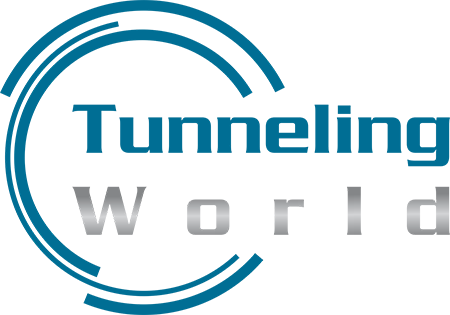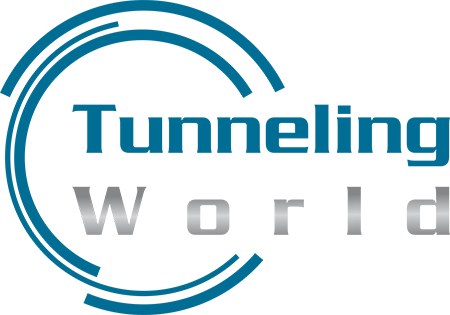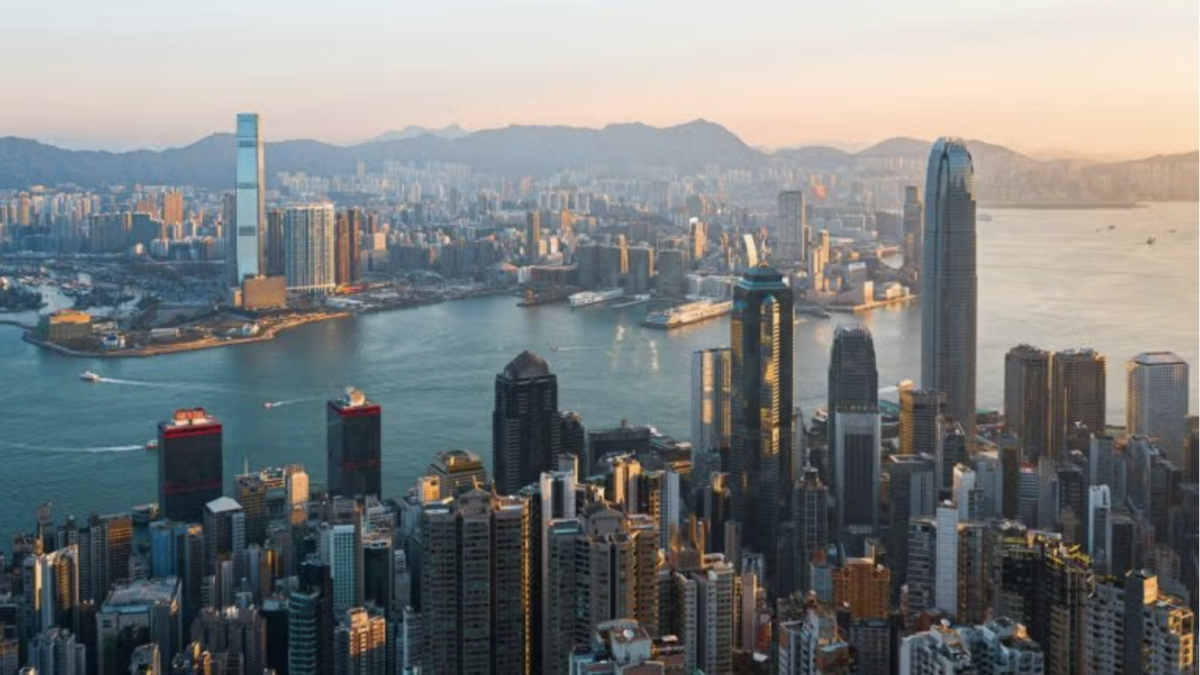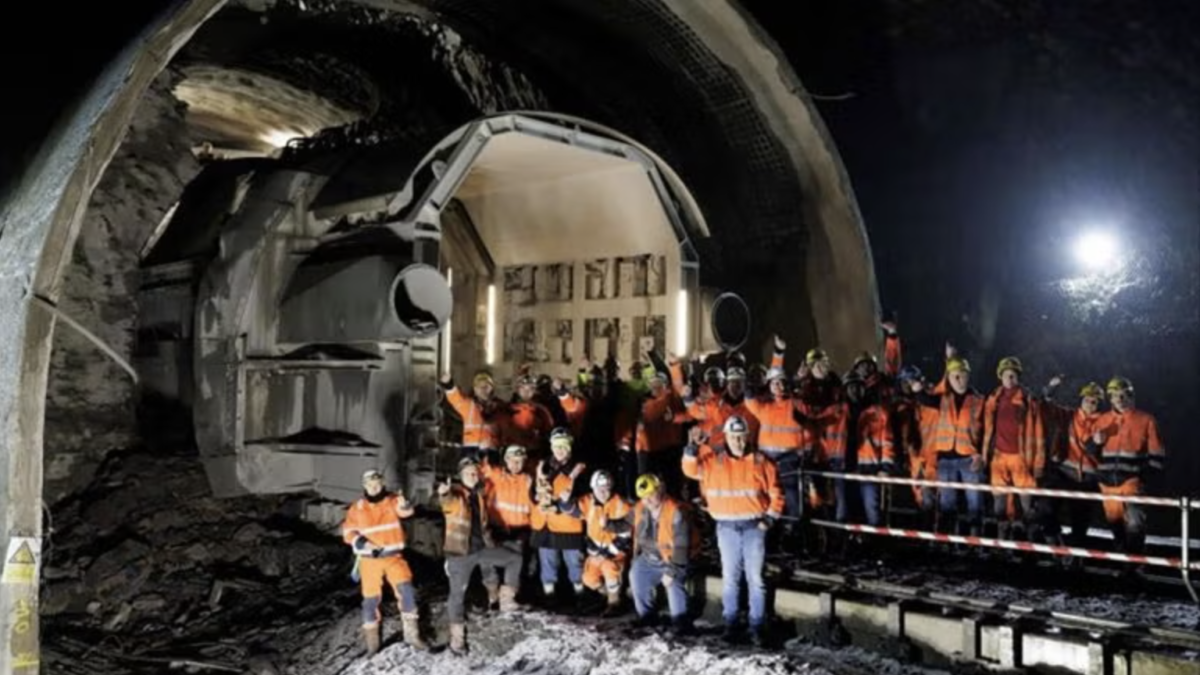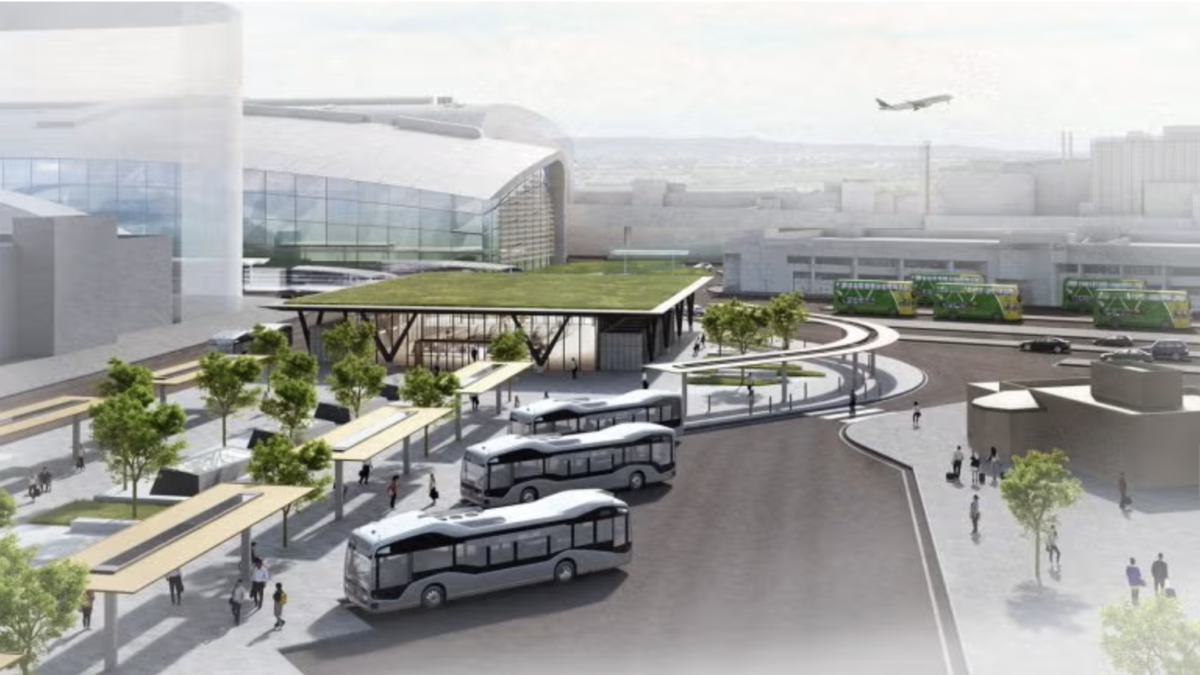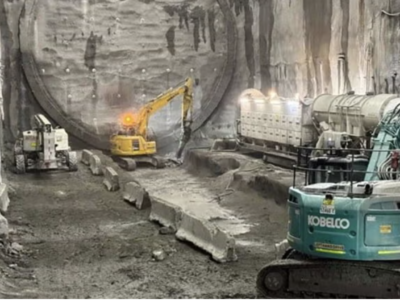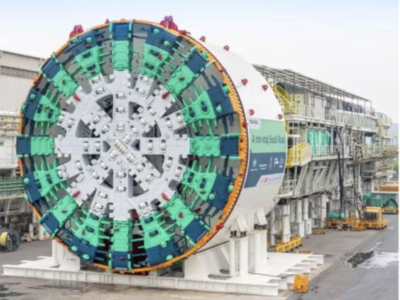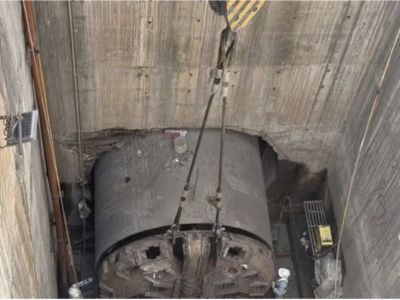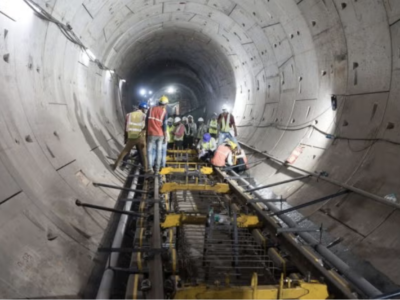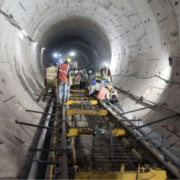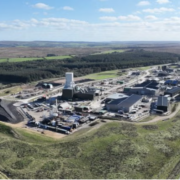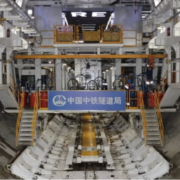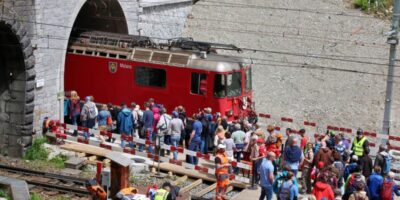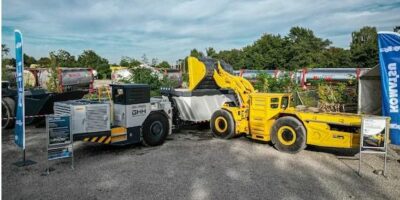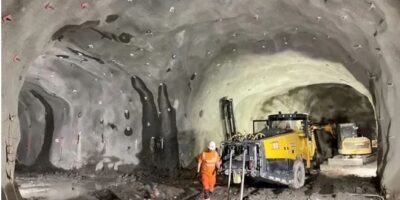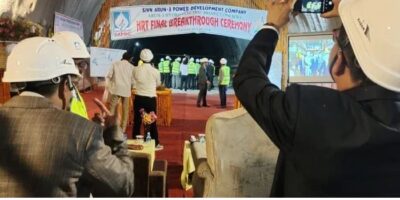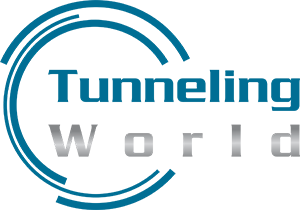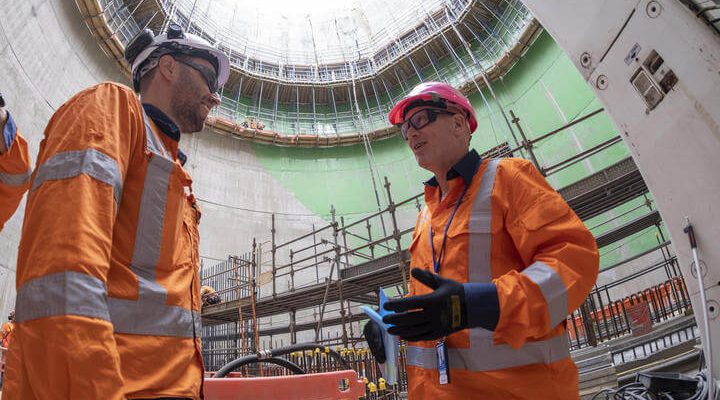
Two of Auckland’s biggest tunneling projects are affected by Global deficiency in skills and materials, and encountered major cost increases and delays due to the continuing impacts of the pandemic.
In order to neutralize the impacts of the pandemic, governments worldwide are injecting money into infrastructure projects but this is squeezing the availability of labor globally.
While the scheduled date for completing the work on Watercare’s 14.7km-long Central Interceptor sewer tunnel was 2025, currently due to the potential impact that skills shortages could have on the project with US$850m value, this program is in doubt. According to the New Zealand Herald, Watercare has warned: “Sourcing and retaining staff is becoming more challenging and now presents a critical risk to the project.”
Also the US$3.1bn City Rail Link projects faced similar challenges, which has required source overseas labor for skills not exist in New Zealand. Covid 19 has aggravated difficulties across the board in hiring and retaining staff, ranging from engineers and mechanics to steel fixers and crane drivers.
The worldwide pandemic Covid-19 still affects New Zealand’s construction sector’s disruptions because it intensifies staff employment and retention by stiff contest from Australia which can offer higher incomes and now has less stringent immigration rules. Moreover, decreasing the availability of building materials by global supply chains is the other problem of both projects. It is estimated that due to these factors mix the costs of infrastructure projects are going to see double-digit increases.
